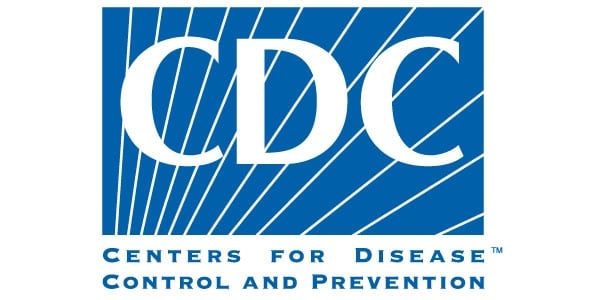Committing to an MD/PhD is a completely different decision to pursing a research project in epidemiology/public health. For the MD/PhD, I'd mostly consider it from a time and finance perspective. You're likely committing to adding an additional 4 years onto your training though you will have your time in med school paid for by the government. Beyond that, pursing a PhD is more about what your want your career to look like. If you see yourself having a career focus primarily on research running a lab and applying for grants, then do then do the MD/PhD.
If you just have an interest in research I would probably just pursue research opportunities while in medical school. You can definitely be very productive and publish with just an MD. If you're interested in getting more training in epidemiology and statistics, there are medical schools with combined MD and MPH programs what will be shorter than an MD/PhD. To be honest, though, most attendings will rely on statisticians to do their stats even if they've personally had prior training. It's just more time efficient. While understanding the statistics is definitely helpful/necessary, you'll just have to balance that with the extra time it will take for you to obtain that degree. Every year in training is another year of potential debt and another year you're not earning an attending salary.



